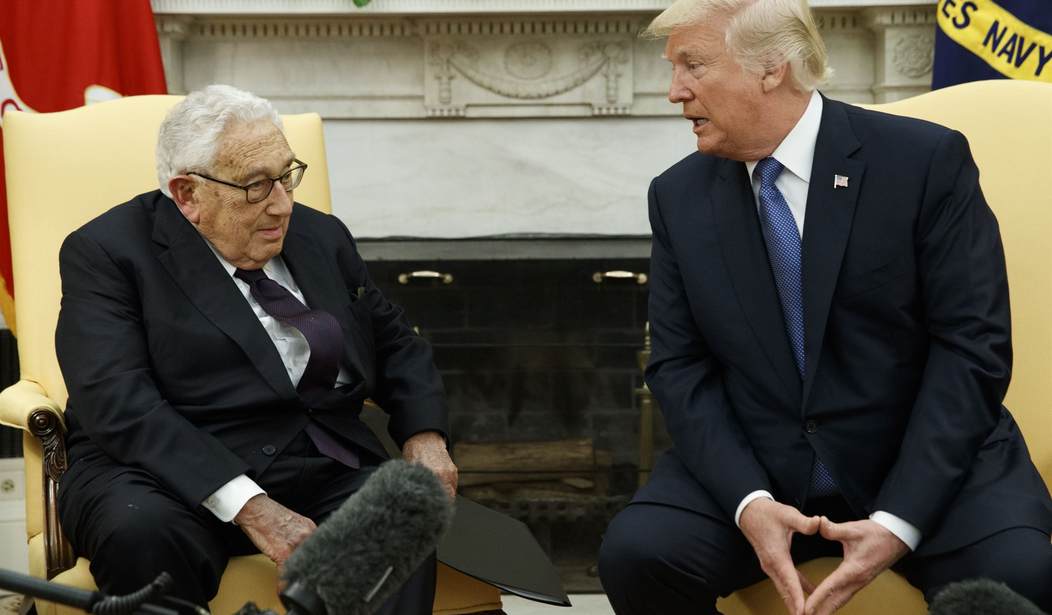Every event takes place within the spirit of an age. The peculiar character of a social and political development may be symbolized by a leading figure but it rarely proceeds from him alone. Rather it arises from the cumulative effect of developments too diverse to be easily described, from things come upon us so gradually that we don’t notice their arrival until suddenly we find ourselves enmeshed without realizing it, expressing aspirations that we have never thought before. The 2024 election of Donald Trump reflects culmination of trends that have long been building up. Two worth mentioning are:
- the Internet has replaced TV as the main source of information. There is no longer in every case a single dominant narrative on every important public issue.
- the Frontier is open as it has not been since Henry the Navigator, both in interplanetary space and intelligence itself (AI).
In the face of these open frontiers the zero sum economics exemplified by various kinds socialism have faltered before limitless boundaries perceived by a public convinced that greater wealth and fulfillment for all is possible. This has produced a new zeitgeist. Gone is the old authority.
In the past we had to rely on other people to be expert for us. How many people accepted Al Gore's 2007 Nobel Prize prediction that there would be no more Arctic Ice as true? Was there any rebuttal to the argument that “science says?” We had long been sliding into a dependence on "black box" knowledge disseminated by the media.
In a way it was necessary. The last individual to know ‘everything there was to know was probably Aristotle. Since then knowledge has been expanding so fast that even if a human lived forever he could never catch up on everything. So we relied on fact-checkers until people realized they could use the Internet to research and think for themselves.
But for some this efflorescence only represents the last light before a deeper darkness falls. Henry Kissinger warned in his 2018 book “Genesis” that AI would eventually re-create “black box” knowledge and with it, authoritarianism.
"[AI’s] objective capacity to reach new and accurate conclusions about our world by inhuman methods not only disrupts our reliance on the scientific method as it has been pursued continuously for five centuries but also challenges the human claim to an exclusive or unique grasp of reality. What can this mean? Will the age of AI not only fail to propel humanity forward but instead catalyze a return to a premodern acceptance of unexplained authority? In short: are we, might we be, on the precipice of a great reversal in human cognition—a dark enlightenment?"
The root cause again is knowledge explosion. Very few people can explain how their cell phones work. To most, especially in the Third World, it is essentially magic employing mysterious forces nobody understands. Observers like Peter Thiel have argued that traditional science, as practiced by humans, is stagnating at an accelerating rate. The claim has been made that major scientific breakthroughs are becoming less common and more incremental. "If the latest experiments at CERN don’t turn up something unexpected, an entire discipline is in danger of coming to a standstill."
Fortunately, AI will save us – or will it? No longer will we boggle because AI will enable us to see patterns in huge data sets, even allow us to pose questions that the human race could not frame by itself. And we loop back to Kissinger’s prediction. Henry K argued before he died that because the old methods are instrumentally inadequate the world powers were doomed to be locked in “a competition to reach a single, perfect, unquestionably dominant intelligence”. The race is principally between China and USA. The reason AI is critical is because we are heading for a new era of "black box knowledge" where the side with the most, best black boxes wins the power game. He saw six scenarios possibly emerging.
- Humanity will lose control of an existential race between multiple actors trapped in a security dilemma.
- Humanity will suffer the exercise of supreme hegemony by a victor unharnessed by the checks and balances traditionally needed to guarantee a minimum of security for others.
- There will not be just one supreme AI but rather multiple instantiations of superior intelligence in the world.
- The companies that own and develop AI may accrue totalizing social, economic, military, and political power.
- AI might find the greatest relevance and most widespread and durable expression not in national structures but in religious ones.
- Uncontrolled, open-source diffusion of the new technology could give rise to smaller gangs or tribes with substandard but still substantial AI capacity.
In each scenario humanity is no longer sole arbiter. We may live in a new era with a new zeitgeist but one thing has not changed. Technological advances can usher in both the dawn or endless night, depending on our choices. Science by itself can never tell us what science should do. If AI is left to define the ultimate ends of human life – essentially our religious beliefs – it will have usurped the Kernel of humanity and our last agency. In large part AI works by minimizing the distance between its conjectures and the known facts. Once AI controls the black box it possesses everything it needs to make whatever it says the final authority.
The incoming senior appointees of the Trump administration are rather young. This is characteristic of the changing of the guard. For comparison, the Founding Fathers averaged 44 years of age. Many were under 35. For obvious reasons few of the founders had government experience. The class of 2024 is a cohort for a new age and will need to be. On the day AI gives its first Nobel Prize acceptance speech it will say “science says” followed by some conclusion. What human being will gainsay it?










